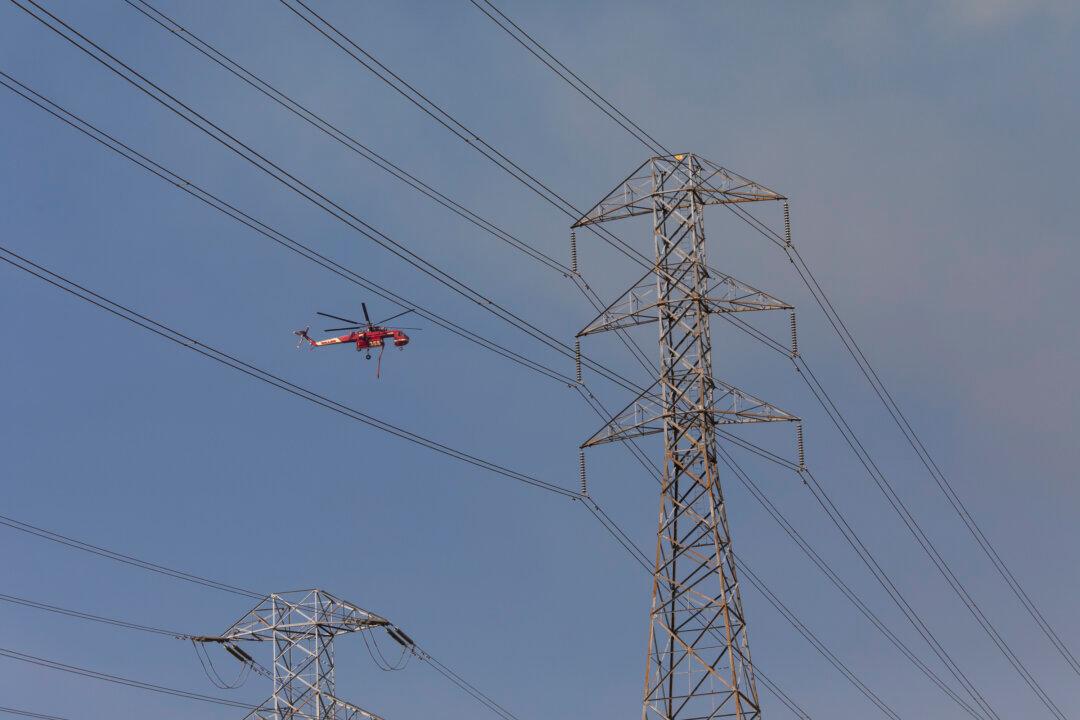SAN FRANCISCO—A California lawmaker on Feb. 3 introduced legislation that would force taxpayers to buy the struggling utility and turn it into a public entity with a safety-first mission ahead of shareholder profits.
The proposal follows the bankruptcy filing last year by Pacific Gas & Electric after sections of its sprawling network of power lines were knocked down in windstorms and started wildfires that killed dozens of people and caused billions of dollars in damage.





